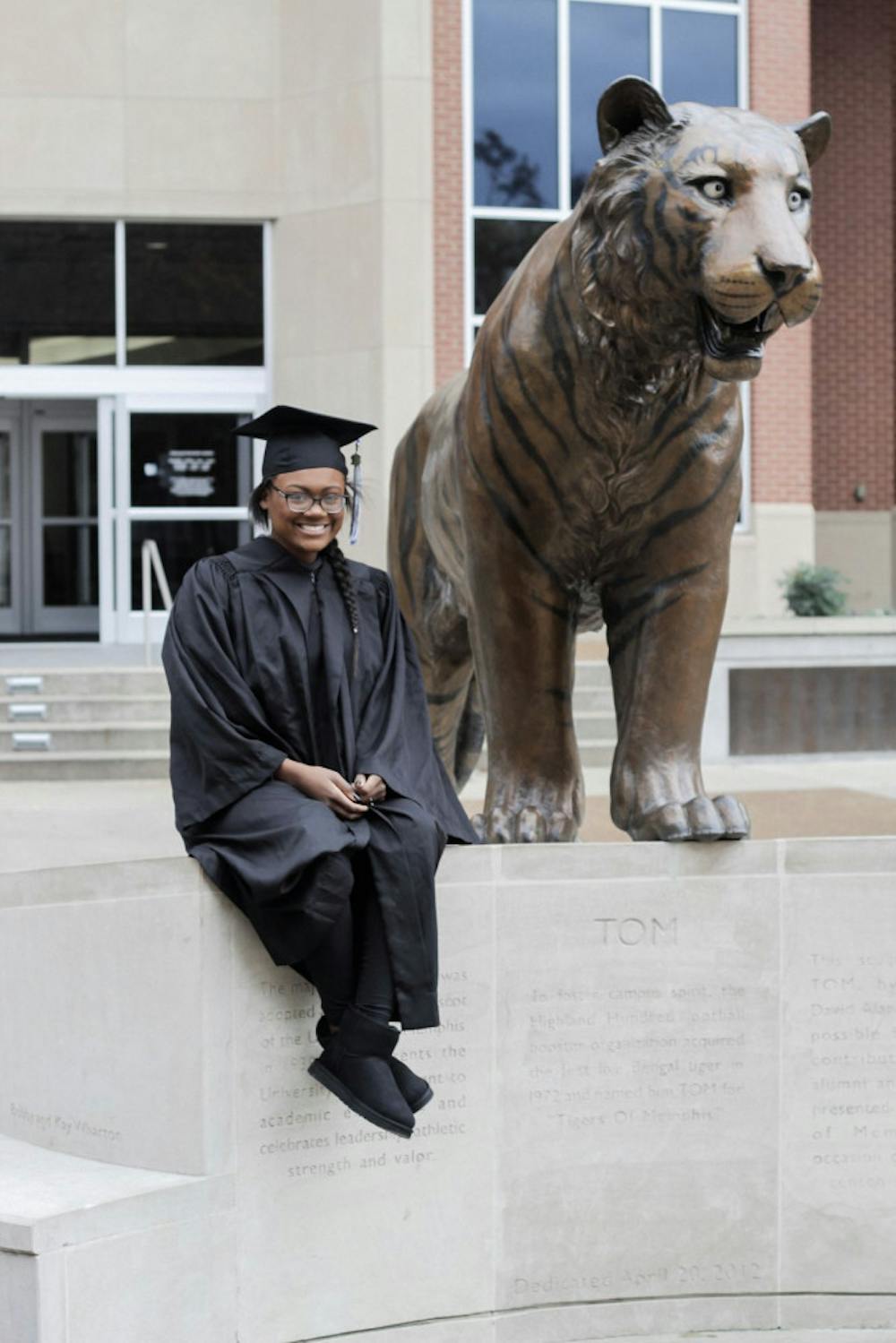Although graduation day may be a time of promise, for some, the following months can be a time of mystery.
With so many possible choices, the next step to take after college can be a challenging decision, not to mention the struggle of managing finances. From getting a job to going to graduate school, there are a number of directions graduates can think about for the next chapter in their lives.
Get a job
Getting a job may seem like the most apparent course of action for a graduating college student to take; however, breaking out into the workforce of one’s desired industry is not always the easiest task. While a college degree often makes an applicant more eligible for a job, a degree does not always immediately translate to employment.
Abigail Warren, who graduated from the University of Memphis last spring, said getting into the workforce requires a little more work than just going to class and receiving a diploma.
“Taking advantage of opportunities in college is how I got where I am,” Warren said. “You can’t sit just here and study all the time. Yes, you need to make good grades, but networking is really important.”
Warren graduated from the U of M on May 5 with a bachelor’s degree in journalism. She began an internship with The Commercial Appeal on May 14 and later obtained a permanent position. Warren said networking was the “key” to finding work in the franticness of the job search.
“It was really, really tough to have sent in 20 applications and not get anywhere,” Warren said. “For me really, the connections I’ve made through The Helmsman are really how I got where I am. It ended up that opportunities pursued me instead of me pursuing opportunities.”
Save money
Managing finances is another hurdle where new graduates often face troubles. While some students may be fortunate enough to land themselves a decent-paying job straight out of college, they may still not know how to properly save their money and manage it for future investments or emergencies.
Assistant Vice President of First South Credit Union on the U of M campus Marstia Hobson said the best way to save money is to first make a budget. The second best way is to follow that budget.
“A budget will give a guideline to actually know what you’re working with, where your money’s going, and then you can determine if you have enough to save,” Hobson said. “You don’t know what you’re spending if you don’t know where it goes. You need an excess coming in instead of going out in order to save.”
Hobson said budgeting is a big problem for many college students because they are oftentimes not “disciplined” with their money.
“A lot of times people don’t save because they don’t have anything to save for,” Hobson said. “You’re saving for the things you don’t know that might occur.”
Go to graduate school
Some students choose to continue their education and advance their degrees by taking the route of graduate school. While many desired careers require higher forms of education only accessible through graduate programs, a large number of others do not. The choice of grad school over immediately entering the workforce then comes with several pros and cons.
U of M graduate journalism student Addie James said grad school has helped her stay knowledgeable about her changing industry and impress employers with the new skills she learns.
“I like staying on top of my craft and backing myself up with what I have learned,” James said. “It’s so nice to be able to go into a job interview and say, ‘oh yeah, I learned that in grad school.’ It makes you look smart.”
James said although grad school has benefitted her and supported her passion for learning, it is not the best route for everyone.
“If you don’t like school, don’t go back,” James said. “It will be the hardest, most challenging, yet most rewarding time in your career.”






